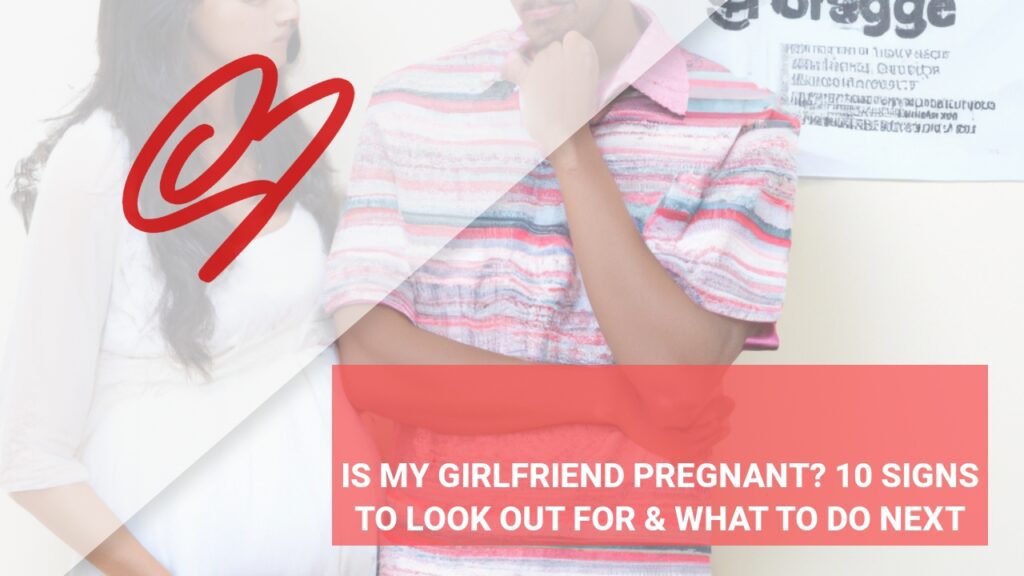My Boyfriend Said I’m Ugly Reddit: What To Do?
It can be devastating when your significant other says hurtful things, especially when it comes to your appearance. If your boyfriend said you’re ugly, it’s understandable to feel hurt, angry, and confused about what to do next. Here’s what Reddit users advise doing:
- Take time to process your emotions: Allow yourself to feel your emotions and process what happened. Cry if you need to, journal your thoughts, or talk to a trusted friend or therapist. Don’t bottle up your feelings, as they could resurface later.
- Talk to your boyfriend: Have an honest conversation with your boyfriend about how his comment made you feel and why it was hurtful. Ask him to clarify what he meant and what he thinks about your appearance. If he’s apologetic and willing to work on the issue, you may be able to move forward. If he’s defensive or dismissive, it may be a red flag.
- Consider his intentions: While it’s never okay for someone to call you ugly, it’s possible that your boyfriend didn’t mean it as an insult or said it out of frustration. Consider the context of the situation and his tone. However, that doesn’t excuse his behavior, and he still needs to take responsibility for his words.
Reddit’s Advice On Dealing With Insensitive Comments
Reddit users shared their experiences and advice on dealing with insensitive comments, including those about physical appearance. Here are some tips they suggested:
- Recognize that you’re not alone: Many people have experienced hurtful comments about their looks, and it’s not a reflection of your worth or beauty.
- Don’t internalize the insult: It’s easy to start believing negative things about yourself when someone else says them. Remember that your worth isn’t based on your appearance, and you have many other qualities that make you unique and valuable.
- Set boundaries: It’s okay to tell someone that their comment was hurtful and that you don’t want to hear similar comments in the future. If someone continues to make insensitive remarks, you may need to limit your contact with them or end the relationship.
- Take care of yourself: Practice self-care, such as exercising, meditating, or doing activities that make you feel good. Surround yourself with positive people who uplift you and remind you of your worth.
You Are Beautiful: Boosting Your Self-Confidence
It’s important to remember that you are beautiful, regardless of what anyone else says. Here are some tips for boosting your self-confidence:
- Focus on your strengths: Make a list of your positive qualities, talents, and achievements. Remind yourself of these when you’re feeling down.
- Take care of your body: Eat healthily, exercise, and get enough sleep. Taking care of your physical health can improve your mental health and self-esteem.
- Practice positive self-talk: Replace negative self-talk with positive affirmations. For example, instead of saying "I’m ugly," say "I am beautiful and worthy of love."
- Treat yourself kindly: Be gentle with yourself and treat yourself with the same kindness and compassion you would give to a friend.
Signs You’re Dating A Narcissist And How To Leave
Sometimes, hurtful comments about appearance can be a sign of a larger issue in the relationship. If your boyfriend frequently puts you down or exhibits other narcissistic behaviors, it may be time to leave. Here are some signs of a narcissistic partner:
- They gaslight you: They deny or downplay their hurtful behavior and make you doubt your own perceptions and feelings.
- They belittle you: They make demeaning comments about your appearance, intelligence, or accomplishments, and make you feel inferior.
- They lack empathy: They don’t consider your feelings or needs and only care about their own wants and desires.
- They try to control you: They manipulate or coerce you into doing what they want, and don’t respect your autonomy or boundaries.
If you’re in a relationship with a narcissist, leaving can be difficult but necessary for your emotional well-being. Consider seeking support from a therapist, trusted friends or family members, or a domestic violence hotline.
How To Spot Red Flags In Your Relationship
Even if your boyfriend hasn’t said hurtful things about your appearance, there may be other red flags in the relationship. Here are some signs to look out for:
- They’re overly jealous or possessive: They try to control who you see, talk to, or spend time with, and accuse you of cheating or flirting with others.
- They’re emotionally unavailable: They don’t share their feelings or seem interested in yours, and may avoid intimacy or vulnerability.
- They criticize or blame you: They make you feel guilty or responsible for their problems or behavior, and may make you doubt your own worth.
- They have a history of abusive behavior: They may have been abusive in past relationships, or exhibit violent or threatening behavior towards you or others.
If you notice any of these red flags, it’s important to address them and consider whether the relationship is healthy for you.
Love Yourself First: Tips To Improve Self-Esteem
Regardless of whether you’re in a relationship or not, it’s important to prioritize your own self-esteem and well-being. Here are some tips for improving self-esteem:
- Set realistic goals: Break down larger goals into smaller, achievable steps, and celebrate your progress along the way.
- Surround yourself with positivity: Spend time with people who uplift and support you, and limit contact with those who bring you down.
- Try new things: Challenge yourself to try new activities or hobbies, and don’t be afraid to make mistakes or fail.
- Practice gratitude: Focus on the things you’re grateful for, and take time to appreciate the small things in life.
How To Communicate Your Feelings To Your Partner
If you’re in a relationship, communication is key to resolving conflicts and strengthening your connection. Here are some tips for effectively communicating your feelings to your partner:
- Use "I" statements: Start sentences with "I feel" instead of "you make me feel," which can come across as blaming or accusatory.
- Be specific: Clearly state what you’re feeling and why, and be specific about what you need from your partner.
- Listen actively: Give your partner time to respond without interrupting or dismissing their feelings. Try to understand their perspective and validate their emotions.
- Compromise: Work together to find a solution that meets both of your needs and honors your boundaries.
Moving Forward: Healing From Emotional Abuse
If you’ve experienced emotional abuse in a relationship, healing can be a long process. Here are some tips for moving forward:
- Seek professional help: Consider seeing a therapist or counselor who specializes in trauma or abuse to help you process your emotions and develop coping strategies.
- Join a support group: Connecting with others who have experienced similar situations can be validating and empowering.
- Practice self-care: Take care of your physical and emotional needs, and engage in activities that bring you joy and fulfillment.
- Set boundaries: Establish clear boundaries with your abuser, and limit or end contact if necessary.
- Believe in yourself: Remember that you are strong and capable, and that you deserve love and respect.

